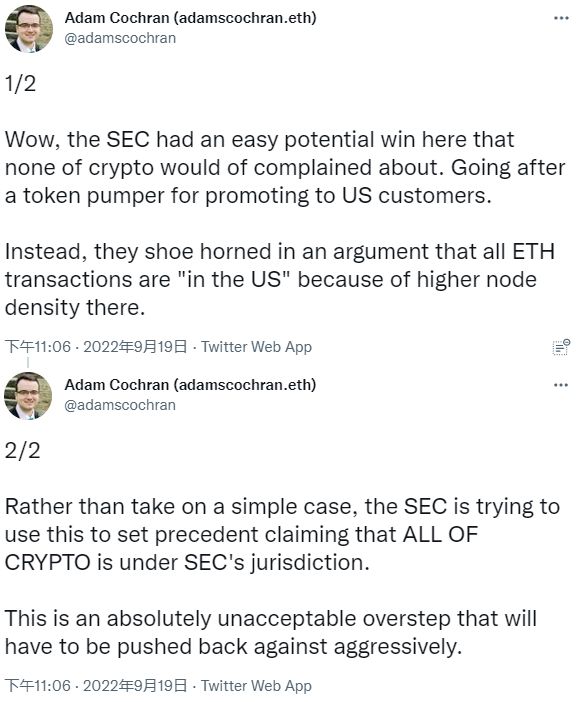|
|
Okay, so I need to understand what Oraichain is. Let me start by recalling any information I might have heard before. I think it's related to blockchain or something like that. Maybe a decentralized platform? I remember hearing terms like "decentralized application" and "smart contracts" in the context of blockchain. Could Oraichain be one of those projects?
Wait, the name sounds Japanese. "Ora" might be a play on "ora" which means "now" in Japanese, and "chain" obviously refers to blockchain. So maybe it's a real-time information blockchain? I think I've heard of Oracles in blockchain, which provide external data to smart contracts. So perhaps Oraichain is a decentralized oracle network?
Let me check my memory. Decentralized oracles are important because smart contracts on blockchain can't access real-world data directly. Oracles provide that data, like weather, sports results, or stock prices. If Oraclegain is an oracle network, it might be using a blockchain to ensure data is secure and tamper-proof.
But how does it work exactly? Traditional oracles might have centralized entities providing data, which can be a single point of failure or manipulation. Decentralized oracles distribute the data collection and verification across multiple nodes. So Oraichain might have nodes that gather data from various sources and then validate it through consensus mechanisms.

I think there's a token involved, maybe ORAI. If it's a decentralized network, the token could be used to pay for data requests or staking. Staking might help secure the network by rewarding participants who contribute their resources.
Wait, the user mentioned "Oraichain" but I'm not sure if it's the same as Oraclegain. Maybe there's a typo or confusion in the name. Let me clarify. Oraclegain is a project I've heard of before, which is a decentralized oracle network. It uses a blockchain to provide real-time data to smart contracts. So perhaps the user meant Oraclegain but wrote Oraichain. Or maybe they are different projects.
Assuming it's Oraclegain, the key features would include a decentralized network of nodes that collect and verify data, a token economy, and integration with other blockchains. The data could be used in various applications, like DeFi, insurance, supply chain, etc. For example, in DeFi, oracles provide price feeds for stablecoins or other assets.
How does Oraclegain ensure data accuracy? Maybe through a consensus mechanism where nodes submit data, and the network agrees on the correct value through voting or some other method. There might be penalties for malicious nodes submitting incorrect data.
The token ORAI could be used to pay for data requests, stake to secure the network, or participate in governance. It's important to check the tokenomics and how the network is maintained. Also, interoperability with other blockchains is crucial for oracles to serve multiple ecosystems.
Potential challenges include latency in data propagation, scalability, and security. If the network can't process data quickly enough or if there's a vulnerability, it could affect dependent smart contracts. Oraclegain would need to address these issues through efficient consensus algorithms, maybe a hybrid approach combining centralized and decentralized elements.
Another aspect is how data is sourced. Does Oraclegain have partnerships with data providers, or does it rely on user submissions? If it's user submissions, there might be a risk of data manipulation unless there's a robust verification process.
In terms of competition, there are other decentralized oracle networks like Chainlink, Band Protocol, and The Graph. Oraclegain would need to differentiate itself, perhaps through lower fees, better data coverage, or unique consensus mechanisms.
I should also consider the team behind Oraclegain. Experience in blockchain and decentralized systems would be crucial. Checking their GitHub activity, whitepaper, and roadmap would help assess their credibility and plans.
In summary, Oraclegain (assuming that's what was meant by Oraichain) is a decentralized oracle network using blockchain to provide secure, real-time data to smart contracts across various applications. It likely uses a token-based economy and consensus mechanisms to ensure data accuracy and network security. Key considerations include data reliability, scalability, interoperability, and the team's ability to execute their roadmap.
Oraichain, likely referring to Oraclegain, is a decentralized oracle network designed to provide secure, real-time data to smart contracts across various blockchain ecosystems. Here's a structured overview:
Key Features:
Decentralized Oracle Network:
Nodes collect and verify real-world data (e.g., weather, sports results, financial metrics) without relying on centralized entities.
Ensures data integrity through consensus mechanisms, reducing single points of failure.
Token Economy (ORAI):
ORAI Token: Used for paying data requests, staking to secure the network, and governance.
Staking incentivizes participation, rewarding nodes that contribute resources and validate data.
Data Integration:
Supports applications in DeFi, insurance, supply chain, and more by providing price feeds, event data, and external information.
Interoperable with multiple blockchains (Ethereum, Binance Smart Chain, etc.), enabling cross-chain data access.
Consensus Mechanism:
Nodes submit data, which is validated through voting or cryptographic proofs. Malicious nodes face penalties, ensuring reliability.
Technical Considerations:
Data Sourcing: Partnerships with data providers or user submissions, backed by verification processes to mitigate manipulation.
Challenges:
Latency/Scalability: addressed via efficient consensus algorithms (e.g., hybrid models).
Security: Robust protocols to prevent attacks on data integrity.
Competition:
Competes with Chainlink, Band Protocol, and The Graph, differentiating through potential lower fees, broader data coverage, or unique consensus models.
Team and Roadmap:
Team: Credibility hinges on blockchain expertise; check GitHub activity and whitepaper for transparency.
Roadmap: Focus on expanding data coverage, improving scalability, and enhancing interoperability.
Applications:
DeFi: Price feeds for stablecoins and derivatives.
Insurance: Real-time event data for underwriting.
Gaming: Dynamic asset values based on real-world events.
Risks:
Dependency on node participation, potential latency, and evolving regulatory landscapes.
Conclusion:
Oraclegain aims to revolutionize decentralized data access, crucial for blockchain applications. Its success depends on effective execution of its technical and economic models, team expertise, and adaptability to market demands. Investors and developers should evaluate its roadmap, tokenomics, and competitive edge before engagement.
|
|